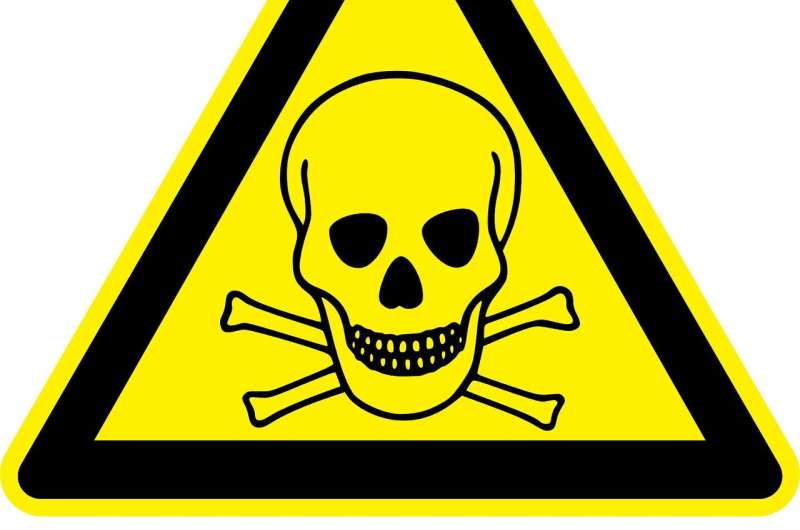This article has been reviewed according to Science X's editorial process and policies. Editors have highlighted the following attributes while ensuring the content's credibility:
fact-checked
peer-reviewed publication
trusted source
proofread
New study examines compromised test conditions and fraudulent data on PCB products in the 1970s

Chronic toxicity tests conducted by Industrial Bio-Test Laboratories (IBT) on behalf of its client Monsanto Corporation revealed information on certain products of the tobacco, asbestos, and lead industries that were found to be toxic. However, the companies were not forthcoming about what they knew about the dangers of these products. This ultimately led to the indictment and conviction of employees of IBT and the Monsanto Corporation.
This is the first paper to look at the relationship between the corporate funders of research and its fraudulent practices in the 1970s. The full findings from Columbia University Mailman School of Public Health are published in the American Journal of Public Health.
The researchers used previously secret corporate documents detailing the role of IBT in encouraging and engaging its largest customer, Monsanto, to use fraudulent data to thwart government investigations. This material, revealed through legal discovery proceedings now underway regarding polychlorinated biphenyls (PCBs) and Roundup, had long-lasting impacts of Monsanto's behavior.
"Monsanto contracted with IBT in 1969 to perform two-year studies including chronic toxicity studies, one of which did not meet the company's expectations as it did not turn out to be 'as favorable as Monsanto had hoped or anticipated.' Particularly Monsanto arranged with IBT to repeat 'some of the studies in order to arrive at better conclusions,'" said author David Rosner, Ph.D., professor of sociomedical sciences at Columbia Mailman School of Public Health, and co-founder of its Center for the History & Ethics of Public Health.
"In fact, there were compromised test conditions but despite this, IBT produced seemingly scientifically rigorous reports on three of Monsanto's PCB products (Aroclor 1254, 1260, and 1242), claiming that testing proved PCBs were not carcinogenic," noted Rosner.
The second issue involved simple fraud, according to Rosner, who is also professor of history at Columbia, and co-author Gerald Markowitz, Ph.D., professor at John Jay College and the City University Graduate Center and an adjunct professor at Columbia Mailman School.
In addition to compromised test conditions, IBT employees made up data. As early as 1972 much of the work was so shoddy that certain scientists at IBT were ashamed to publish the work done.
"This paper shows that the influence of industry on laboratory practices made the corruption of science more likely," noted Rosner. "With or without regulatory standards, we need to maintain vigilance over companies whose self-interest has distorted science and may continue to do so."
Professors Rosner and Markowitz have participated as expert witnesses in lawsuits on behalf of the City of Seattle, the State of Washington, and individuals regarding PCB cases against Monsanto.
More information: "Ashamed to Put My Name to It": Monsanto, Industrial Bio-Test Laboratories, and the Use of Fraudulent Science, 1969–1985, American Journal of Public Health (2023). DOI: 10.2105/AJPH.2023.307247
















